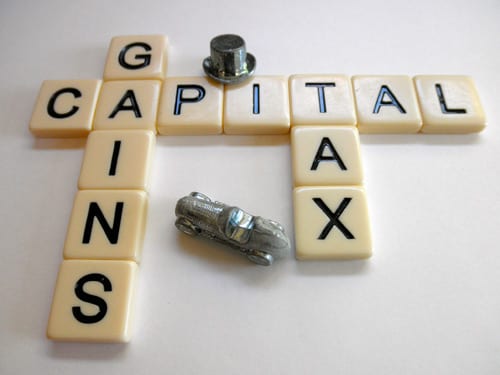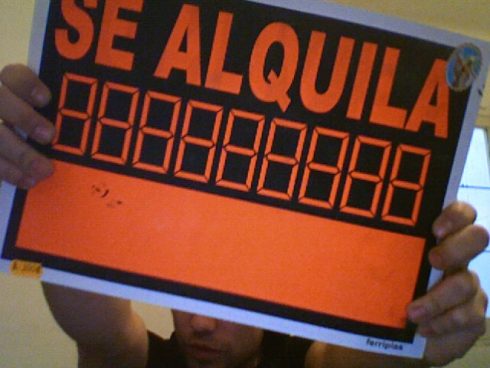FROM the start of next year, changes to Spanish income tax will affect two existing tax breaks, which could prove especially expensive for some vendors. If you are selling, you may want to accept an offer in 2014.
The reform of Spain’s tax law that will come into force on January 1, 2015 eliminates one fiscal benefit entirely and significantly curtails another, changes that will hit sellers of more expensive properties and those who have owned their property for a long time hardest. We asked Adolfo Martos, a partner in the Costa del Sol law firm GAM Abogados, what the new legislation means.
Whether you’re a resident in Spain or not, Adolfo explains, when you sell a property you are obliged to pay tax on the difference (the taxable base) between the purchase cost (which means the purchase price plus any related taxes and costs, as well as the costs of any major improvements made by the seller during the time the property is owned) and the net sale price. This is paid as part of your annual ‘Impuesto sobre la Renta’ (IRPF, or income tax) declaration. Until the end of 2014, sellers can reduce the taxable base in two ways but, once the new year arrives, some tax bills will go up by quite a margin.
The first is the ‘coeficiente de actualización’, which, until December 31, allows vendors to adjust the purchase cost they paid for a property in line with inflation, so that, when they sell, the tax payable on the difference between the net sale price and purchase cost is levied on a smaller amount than if inflation were not taken into account. From next January, this will cease to exist entirely.
The second, known as the ‘coeficiente de abatimiento’, lets vendors of properties bought before December 31, 1994 reduce the taxable base by 11.11% for every year the property was owned until December 31, 1996, bur only in respect of any capital gains that would have been accrued up to January 20, 2006. Any additional capital gain earned after that date is subject to the standard rates of capital gains tax.
From January 2015, this benefit will only be maintained for the first 400,000€ of any net sale price, with any additional amount thereafter liable for taxation on the full taxable base. The good news is that this 400,000€ pertains to the taxpayer, not the property, so can be used as a ‘credit’ for the sale of more than one property over an unlimited period of time.
Residents must either add the taxable base derived from the sale of a property to any other capital gains made during a fiscal year and pay tax on the total, at a rate of between 20-24% (19-23% from 2016 onwards), or reinvest the difference within two years in another property in Spain or within the eurozone that will become their primary residence, in order to be exempt from payment. Non-residents, however, are levied at a flat rate of 21% of the taxable base, whether they reinvest or not.
Expensive properties that have been owned for periods of longer than 20 years will be particularly affected, Adolfo says, and sellers will become liable for significantly higher tax payments from the start of next year. For some sellers, he adds, it may be worth investigating the creation of corporate structures, to which properties can be transferred prior to sale, as a means of mitigating or offsetting the payment of taxes in the future.








Interesting to know this information, but even if I was lucky enough to sell my property, it would be for a significant loss (even in real terms) so no capital gain. Sadly Hacienda does not give tax rebates on capital losses…